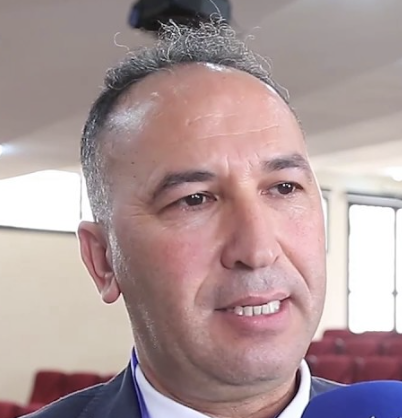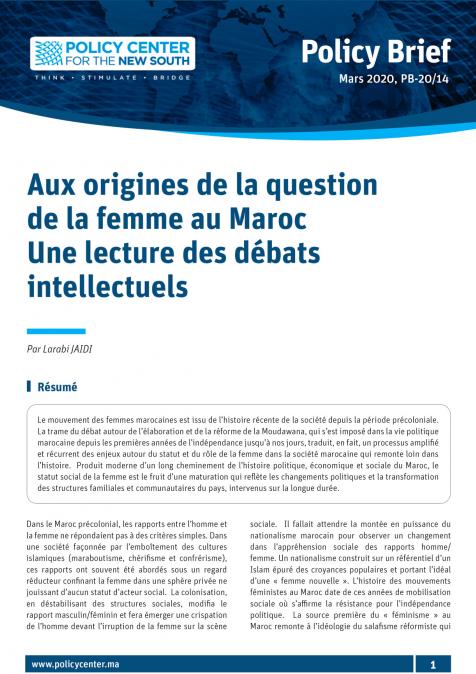يخصص مركز السياسات من أجل الجنوب الجديد حلقة برنامجه الأسبوعي "حديث الثلاثاء" لمناقشة موضوع مستقبل إدارة النفايات في المغرب: الواقع والافاق
بناء على معطيات المجلس الاقتصادي والاجتماعي والبيئي تجاوز حجم النفايات المنزلية بالمغرب 7 ملايين طن سنة 2020، منها 5,5 ملايين طن في الوسط الحضري، و1,6 مليون طن بالنسبة للعالم القروي، وهو ما يعادل 0,8 كيلوغراما لكل فرد يوميا في المجال الحضري، و0,3 كيلوغرام لكل فرد في المجال القروي. هذه النفايات تمثل إشكالية كبيرة تتأثر بالتحولات المرتبطة بالنمو الديمغرافي والتوسع العمراني السريع والتغيرات في أساليب إنتاج واستهلاك المواطنين
ما هي أهم المصادر المنتجة للنفايات؟ ما دور القطاع الخاص في إدارة النفايات وإعادة تدويرها؟ ما هي الآليات التي اتخذت لتفعيل إدارة وتدوير النفايات؟ هل يعد الاقتصاد الدائري البديل الوحيد؟ الى أين وصل الجانب البحثي في مجال النفايات؟ ما هي أبرز الحلول؟ أسئلة وأخرى نناقشها رفقة ضيفنا مصطفى ازعيتراوي، أستاذ الجغرافيا البشرية متخصص في الإشكالات البيئية بكلية المتعددة التخصصات بخريبكة - جامعة السلطان مولاي سليمان بني ملال







